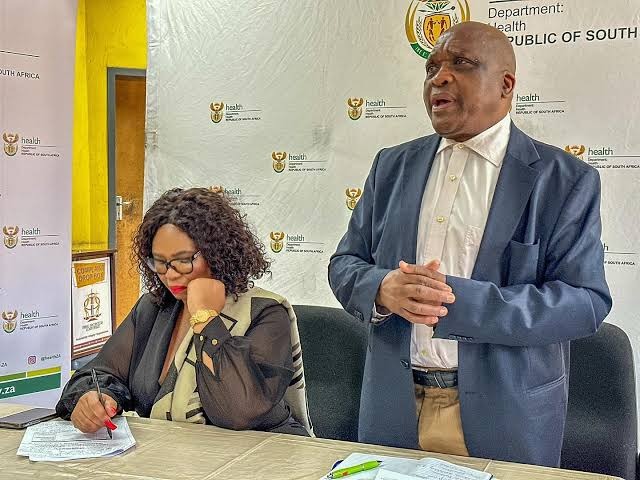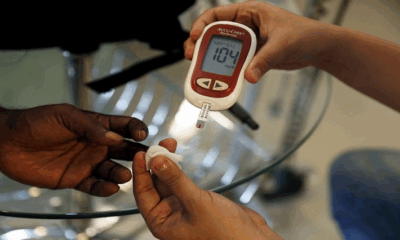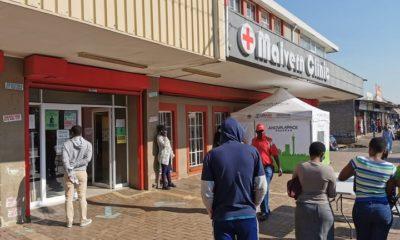News
Dr Joe Phaahla Urges Government to Treat Diabetes as a National Health Priority

A Wake-Up Call at the Diabetes Summit
South Africa’s fight against chronic diseases has reached a critical turning point. Speaking at the 2025 Diabetes Summit in Ekurhuleni, Deputy Minister of Health Dr Joe Phaahla called for diabetes to receive the same national focus and urgency that once transformed the country’s HIV/AIDS response.
The three-day gathering, hosted by the Diabetes Alliance, brought together health leaders, researchers, and policymakers to address what has become one of South Africa’s deadliest and most expensive public health challenges.
Chairperson Dr Patrick Ngassa Piotie didn’t mince words. He urged the government to declare diabetes a national health crisis, warning that the disease has outgrown its old label as a “lifestyle condition.” “It has destroyed families, strained hospitals, and robbed households of breadwinners,” he said.
With over 4.6 million South African adults living with diabetes, the numbers are sobering. It’s now considered the leading cause of death in the country, overtaking heart disease and some infectious illnesses.
The Human and Economic Toll
In her address, Gauteng Health MEC Nomantu Nkomo-Ralehoko said the province faces an alarming situation, with high-risk cases making up 35% of all diabetes patients.
“For us, diabetes is not just a health issue,” she said. “It’s an economic issue, a family issue, and a productivity issue.”
With roughly 70% of diabetics being of working age, the condition directly affects South Africa’s workforce and economy. Beyond the hospital walls, families face mounting medical bills, reduced incomes, and long-term caregiving responsibilities.
Nkomo-Ralehoko also announced that Gauteng will commemorate World Diabetes Day in Soweto this week under the theme “Diabetes and Well-being in the Workplace,” a reminder that prevention and management start where most South Africans spend their days.
Aligning With Global Goals
World Health Organization (WHO) representative Shenaaz El-Halabi added that the call for emergency recognition must follow international guidelines. She referenced the WHO’s global action plan on non-communicable diseases (NCDs) and the framework adopted at the Fourth International Conference on Financing for Development in Seville earlier this year.
This framework outlines how countries can strengthen healthcare systems, reduce premature mortality, and improve funding for long-term health resilience, lessons that emerged after the COVID-19 pandemic exposed gaps in emergency management worldwide.
Dr Phaahla acknowledged the appeal to declare diabetes a national public health emergency but emphasised that formal declarations must follow established WHO procedures. Even so, he agreed that diabetes must be treated with the seriousness of an epidemic.
Beyond Awareness: A Call to Action
The message from the summit was clear: awareness alone isn’t enough. South Africa needs structured policy, funding, and prevention strategies to address a disease that is claiming more lives each year.
The 2025 summit marks a shift in tone, from seeing diabetes as a private health challenge to recognising it as a national crisis that demands government coordination, community support, and corporate accountability.
As one delegate put it, “If we could mobilise the country for HIV, we can do it again for diabetes. It’s time to act before it becomes the next pandemic.”
Also read: South Africa Makes History with Africa’s First Fully Made Oral Cholera Vaccine
Follow Joburg ETC on Facebook, Twitter, TikT
For more News in Johannesburg, visit joburgetc.com
Source: IOL
Featured Image: Instagram/@gautenghealth





















